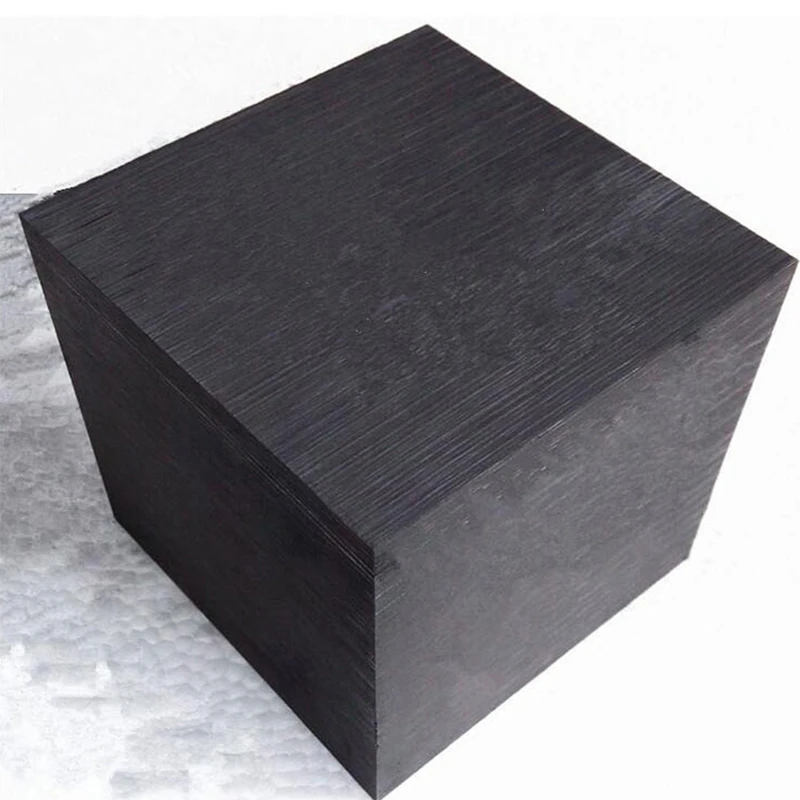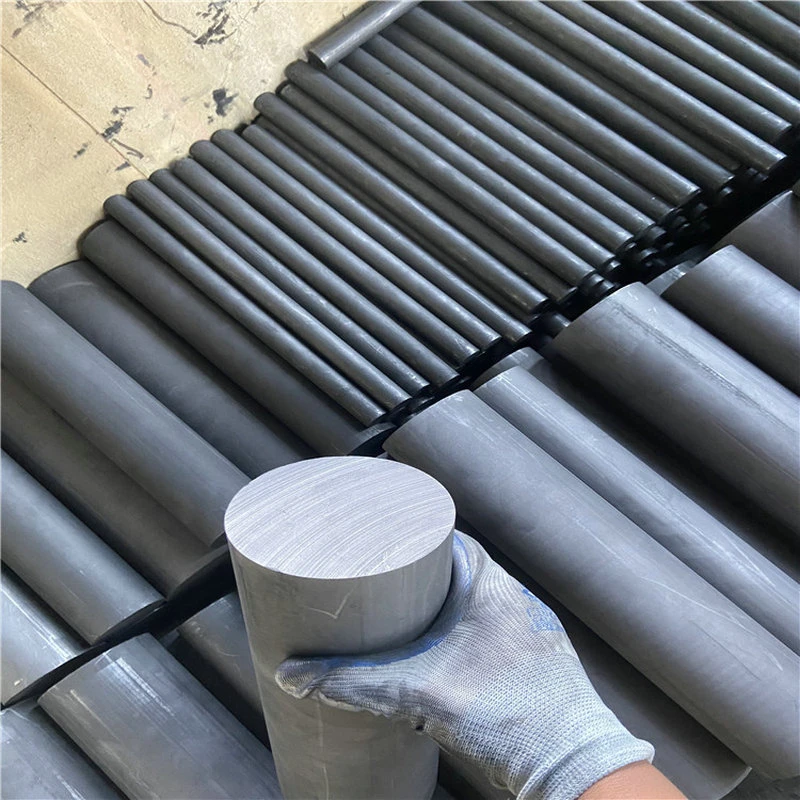Ever wondered how we split water into hydrogen and oxygen or how metals are refined? The answer often lies in the fascinating world of electrodes. These conductive materials are the unsung heroes of many scientific and industrial processes, acting as the gateway for electrical current to interact with substances. This article dives deep into the realm of electrode materials, exploring why graphite, alongside other metals, plays a crucial role in applications like electrolysis and so much more. Understanding the properties that make a good electrode is key to unlocking a wide range of technologies.
What Exactly is an Electrode and What Does it Do in Electrolysis?
At its simplest, an electrode is an electrical conductor used to make contact with a nonmetallic part of a circuit, such as an electrolyte. In the context of electrolysis, a process used to drive a non-spontaneous chemical reaction using electrical energy, electrodes are absolutely essential. You need at least two electrodes: an anode and a cathode. Electrical current is passed through the electrolyte via these electrodes. At the cathode, which is negatively charged, reduction occurs, meaning substances gain electrons. Conversely, at the positive electrode, or anode, oxidation takes place, where substances lose electrons. This electron transfer facilitated by the electrodes is the fundamental principle behind electrolysis. Think of the electrodes as the platforms where the electrical energy meets the chemical substances, causing them to transform.
What Makes a Good Electrode Material?
The ideal electrode material possesses a combination of several key conductivity characteristics. First and foremost, high electrical conductivity is paramount. This allows for the efficient flow of electrons with minimal energy loss. Secondly, good corrosion resistance is crucial, especially when the material is operating in exposed or open environments. The electrode needs to withstand the potentially corrosive electrolyte and the byproducts of the electrochemical reaction. Mechanical strength and hardness are also important for durability, particularly in industrial applications where electrodes might be subjected to physical stress. Furthermore, the choice of electrode material often involves considering the cost and availability of the materials used. Ideally, an electrode material should be readily accessible and low cost without compromising performance. The electrode material refers to the substance that best facilitates the intended chemical or electrical process.
Why Are Metals Often Used as Electrodes?
Metals are frequently chosen as electrode materials due to their inherent properties. Most metals exhibit excellent electrical conductivity because of their "sea of electrons" structure, where electrons are delocalized and free to move, facilitating efficient charge transport. Common metals used as electrode materials include copper, known for its high conductivity and relatively low cost, although it can be prone to oxidation under certain conditions. Platinum (Pt) is another popular choice due to its exceptional corrosion resistance and high conductivity, although its high cost limits its use to specialized applications. Titanium is valued for its corrosion resistance and ability to form a protective oxide layer. Stainless steel, an alloy containing iron, chromium, and other elements, offers a good balance of corrosion resistance, strength, and cost-effectiveness. The choice of a specific metal depends on the particular application and the chemical environment it will be operating in.
What About Graphite? Why is Graphite Such a Popular Electrode Material?
While metals are common, graphite stands out as an exceptional non-metallic electrode material. Graphite is a good conductor of electricity due to its unique layered structure. Each carbon atom in graphite is bonded to three others, leaving one free electron that can move freely within the layers, contributing to its electrical conductivity. Importantly, graphite offers excellent corrosion resistance in many electrochemical processes, making it suitable for various electrolysis applications, even in aggressive electrolytes. Compared to precious metals like platinum, graphite is significantly more cost-effective. This combination of high conductivity, corrosion resistance, and low cost makes graphite a highly desirable electrode material. You’ll often find graphite rods or graphite blocks used as electrodes in industrial electrolysis processes for the production of chlorine and aluminum, among others. The ease of access and material bulk availability further contribute to its widespread use.

How Does the Choice of Electrode Material Affect Electrochemical Processes?
The choice of electrode material has a profound impact on the efficiency and outcome of electrochemical processes. The electrical conductivity of the electrode directly influences the voltage required to drive the reaction. A highly conductive material minimizes energy loss due to resistance. The electrochemical properties of the electrode material, such as its overpotential for specific reactions (like the evolution of oxygen or hydrogen), determine the energy efficiency of the electrolysis. For instance, using an electrode material with a high overpotential for oxygen evolution in water electrolysis would require more energy to produce hydrogen. The corrosion resistance of the electrode dictates its lifespan and the purity of the products. If the electrode corrodes, the metal ions can contaminate the electrolyte and the final products. Furthermore, the surface area of the electrode influences the reaction rate; a large surface area provides more sites for electron transfer, leading to faster reactions.
What are Some Specific Examples of Electrode Applications Beyond Electrolysis?
While electrolysis is a major application, electrodes are indispensable in a wide range of other technologies. In fuel cells, electrodes serve as catalysts for the electrochemical reactions that generate electricity from fuels like hydrogen. The electrode material in fuel cells needs to be highly catalytic and corrosion-resistant. In machineing processes like Electrical Discharge Machining (EDM), electrodes made of conductive materials like graphite or copper are used to erode a workpiece through controlled electrical discharge. The precision and hardness of the electrode material are crucial in EDM. Electrodes are also fundamental components in batteries, including lithium-ion batteries, where graphite is commonly used as the anode material. Moreover, in electroanalytical chemistry, specialized electrodes, such as the rotational disk electrode, are used for studying reaction mechanisms and quantifying substances. These examples highlight the versatility of electrodes and the importance of selecting the appropriate electrode material for each specific application.
What are the Differences Between a Positive Electrode and a Cathode?
In any electrochemical cell, whether it’s an electrolysis cell or a battery, there are two crucial electrodes: the positive electrode and the cathode. The terms anode and cathode define the direction of current flow. The anode is where oxidation occurs, and it is the electrode through which conventional current flows into the device. In an electrolysis cell, the anode is the positive electrode. Conversely, the cathode is where reduction takes place, and it’s the electrode through which conventional current flows out of the device. In an electrolysis cell, the cathode electrode must be negatively charged. It’s important to note that the sign of the electrode (positive or negative) can depend on whether the cell is consuming electricity (like in electrolysis) or producing electricity (like in a battery). However, the definitions of anode (oxidation) and cathode (reduction) remain consistent.
Are There Other Non-Metallic Electrode Materials Besides Graphite?
While graphite is a prominent non-metallic electrode material, there are many other types used in various applications. Conducting polymer materials, for example, are gaining traction due to their good flexibility and potential for cost-effective fabrication. These polymers can be electrochemically modified to enhance their conductivity. Carbon-based nanomaterials like graphene and carbon nanotubes (use of cnts) are also being explored for their exceptional conductivity and large surface area, making them promising for applications in hybrid supercapacitors and advanced sensors. Oxide materials, particularly metal oxides like ruthenium oxide (RuO2) and iridium oxide (IrO2), are widely used as electrode materials in applications requiring high catalytic activity, such as oxygen evolution in water electrolysis. Activated carbon electrodes, with their high surface area, are commonly used in supercapacitors for energy storage. Even materials like silicon carbide find niche applications as electrodes under specific conditions.
What are Some Key Factors to Consider When Choosing an Electrode Material?
When selecting the right electrode material, several factors need careful consideration. Electrical conductivity remains a primary concern for efficient charge transfer. Corrosion resistance is vital to ensure the electrode‘s longevity and prevent contamination. The electrochemical window of the material, which defines the range of voltages over which the electrode is stable, is also crucial. The surface area and porosity of the electrode can significantly impact reaction rates, particularly in catalytic applications. The mechanical properties, such as hardness and strength, are important for the electrode‘s durability. Cost and availability are practical considerations, especially for large-scale industrial applications. Finally, the specific chemical environment and the intended electrochemical processes will dictate the suitability of a particular electrode material. Researchers are constantly exploring new nanomaterials and multilayer electrode designs to optimize these properties.

Where Can I Learn More About the Electrochemistry of Different Electrode Materials?
For those seeking deeper knowledge about the intricacies of electrode materials and their behavior, sciencedirect topics offers a wealth of information. This online resource provides comprehensive overviews of various scientific and technical subjects, including detailed discussions on electrochemistry, different electrode materials, and their applications. You can find in-depth explanations of electron transfer mechanisms, electrochemical reactions on different electrode surfaces, and the principles behind techniques like electrodeposition. Exploring sciencedirect topics related to electrodes, electrolysis, and specific materials like graphite, platinum, and metal oxides will provide a solid foundation for understanding this fascinating and crucial field. You might also find information related to more specialized electrode types like the plain graphite anode, reticulated vitreous carbon, or even configurations involving stainless steel mesh. Remember, understanding the nuances of electrode materials are conductivity is key to advancing numerous technologies.
Key Takeaways:
- Electrodes are essential conductors that facilitate electron transfer in processes like electrolysis.
- Key properties of a good electrode material include high electrical conductivity, corrosion resistance, and mechanical strength.
- Metals like copper, platinum, and titanium are common electrode materials due to their conductivity.
- Graphite is a popular non-metallic choice owing to its good electrical conductivity, corrosion resistance, and low cost.
- The choice of electrode material significantly impacts the efficiency and outcome of electrochemical processes.
- Electrodes find applications beyond electrolysis, including in fuel cells and machineing (EDM).
- The anode is where oxidation occurs, and the cathode is where reduction occurs.
- Besides graphite, other non-metallic electrode materials include conducting polymer materials and carbon nanomaterials like graphene.
- Selecting the right electrode material requires careful consideration of its conductivity, corrosion resistance, cost, and the specific application.
- Resources like sciencedirect topics provide valuable information on the electrochemistry of different electrode materials.
We offer a range of high-quality graphite products suitable for various electrode applications. Consider exploring our High-power graphite electrode for demanding electrolysis processes or our Conductive graphite rod for electrodes for specialized applications. You can also find excellent material for EDM applications in our High strength graphite block.
Post time: 01-20-2025



